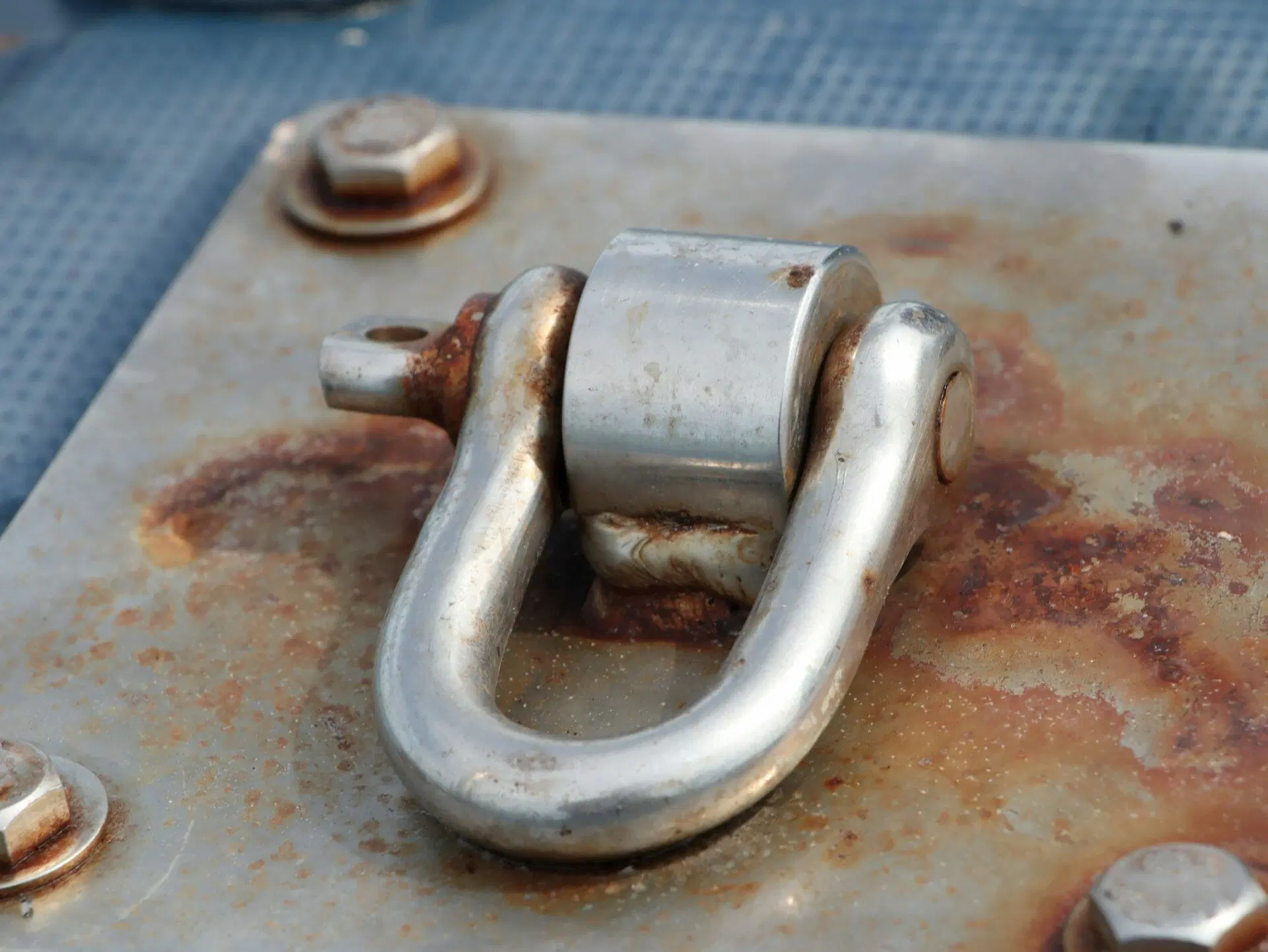Stainless steel is renowned for its durability and resistance to corrosion, but the question remains: can it really rust? The short answer is yes, stainless steel can rust under certain conditions. However, understanding the reasons behind this phenomenon and implementing proper preventive measures can help extend the lifespan of stainless steel products significantly.
What Causes Stainless Steel to Rust?
While stainless steel is highly resistant to corrosion, it is not entirely immune to rusting. The primary cause of rust in stainless steel is the breakdown of the protective chromium oxide layer that forms on its surface. This layer acts as a barrier against corrosion, but it can be compromised by several factors:
-
Environmental Conditions: Exposure to harsh environments, such as high humidity, saltwater, or acidic substances, can damage the chromium oxide layer, making the steel susceptible to rusting.
-
Mechanical Damage: Scratches, dents, or other forms of mechanical damage can disrupt the protective layer, creating entry points for moisture and oxygen, which can lead to rust formation.
-
Improper Maintenance: Failure to clean and maintain stainless steel surfaces can allow contaminants and debris to accumulate, leading to the breakdown of the chromium oxide layer over time.
-
Dissimilar Metal Contact: When stainless steel comes into contact with dissimilar metals, galvanic corrosion can occur, causing the chromium oxide layer to degrade and increasing the risk of rusting.
Preventing Rust on Stainless Steel
While stainless steel can rust under certain conditions, there are several effective ways to prevent and minimize the risk of corrosion:
-
Proper Cleaning and Maintenance: Regular cleaning and maintenance are crucial for preserving the protective chromium oxide layer. Use mild detergents and avoid abrasive cleaners or harsh chemicals that can damage the surface.
-
Environmental Control: When possible, minimize exposure to harsh environments by controlling humidity levels, avoiding direct contact with saltwater or acidic substances, and providing adequate ventilation.
-
Surface Protection: Applying protective coatings or films can create an additional barrier against environmental factors that may cause rust.
-
Galvanic Isolation: Prevent direct contact between stainless steel and dissimilar metals by using insulating materials or coatings to avoid galvanic corrosion.
-
Proper Material Selection: Choose the appropriate grade of stainless steel based on the intended application and environmental conditions. Higher chromium and nickel content generally provides better corrosion resistance.
Real-World Applications and Insights
At Xinguangyuan, we understand the importance of corrosion resistance in various industries, from kitchen appliances and medical devices to elevator decoration and beyond. Our team of experts has extensive experience in selecting the right stainless steel grades and implementing effective preventive measures to ensure the longevity of our products.
For example, in the food and beverage industry, where hygiene and durability are paramount, we recommend using high-grade stainless steel alloys with increased chromium and nickel content. These alloys offer superior resistance to corrosion, even in harsh environments like commercial kitchens or food processing facilities.
In the medical field, where sterility and safety are critical, we employ specialized surface treatments and coatings to enhance the corrosion resistance of our stainless steel products. This ensures that medical devices and equipment remain rust-free and hygienic, even after repeated sterilization and exposure to harsh cleaning agents.
By understanding the factors that contribute to rust formation and implementing proactive preventive measures, Xinguangyuan ensures that our stainless steel solutions deliver exceptional performance and longevity, meeting the highest standards of quality and reliability across various industries.
In conclusion, while stainless steel can rust under certain conditions, proper maintenance, material selection, and preventive measures can significantly reduce the risk of corrosion. By partnering with Xinguangyuan, you can trust that our stainless steel products are designed and engineered to withstand even the harshest environments, ensuring long-lasting performance and value for your investment.


